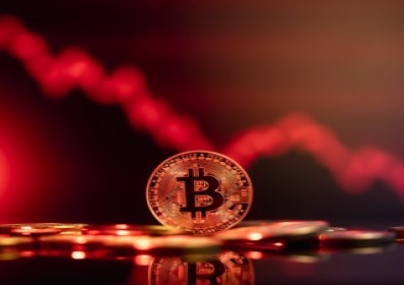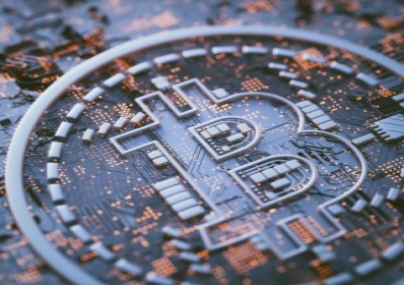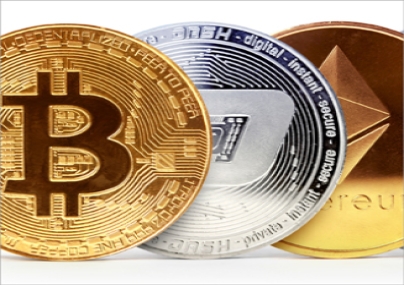
Cryptocurrency, and in particular bitcoin, is having quite the moment. On Tuesday, it vaulted above $50,000 for the first time, continuing a rally that has seen it rise nearly 900 percent since March 2020. Reuters reported that most of the gains coming after electric carmaker Tesla, owned by the outspoken entrepreneur Elon Musk, said it had bought $1.5 billion in bitcoin.
Tesla also said it would accept bitcoin as payment, Reuters added, noting that it was just the latest in a string of large investments into the cryptocurrency “that have vaulted bitcoin from the fringes of finance to company balance sheets and Wall Street, with U.S. firms and traditional money managers starting to buy the coin.”
The crypto craze has not left India untouched. A report in the Business Standard last week found that WazirX, one of the country’s leading cryptocurrency exchanges, had seen daily trading volumes in bitcoin double to 2,000-2,500 from 1,000-1,250 a fortnight previously. And there’s interest from overseas: For example, rapper Jay-Z has launched a bitcoin development fund with Twitter founder Jack Dorsey that will focus on cryptocurrency adoption in India and Africa. Reuters reported the duo will invest 500 bitcoin, currently worth around $24.5 million, in the project.
However, that party might come to an end soon if the Cryptocurrency and Regulation of Official Digital Currency Bill, 2021, gets passed. The bill threatens to ban private cryptocurrencies in India, although at this moment there are few details around scope for investors to go on. We know that it outlines the introduction of an “official digital currency” for India, to be issued by the central bank. And the agenda, published online, says the legislation seeks to “prohibit all private cryptocurrencies in India,” while at the same time, allowing for exceptions to promote the underlying technology of cryptocurrency (blockchain) and its uses.
Anirudh Rastogi, founder and managing partner of Ikigai Law, says the market has been affected by this ambiguity, with bitcoin prices in India falling by “seven to eight percent in the first week of February.”
“The only thing which is officially confirmed right now is that the government is expected to introduce the bill in the second part of the ongoing Budget Session. Exactly when this bill will be tabled in Parliament, what does its text look like, what is the exact scope of the ban imposed — none of these details are currently available,” Rastogi says.
“The market has been trying to engage productively with the government on the issue of banning cryptocurrency. Industry members have repeatedly made requests to the government to hold a consultation process before passing a law imposing a blanket ban on cryptocurrency,” Rastogi adds.
This is not the first time India has looked to clamp down on private cryptocurrencies. Back in 2018, a government panel recommended such a ban, but this was subsequently challenged in the Supreme Court by a number of exchanges and traders, and the court ruled in their favour.
Rastogi says that many “progressive jurisdictions” have regulated cryptocurrency instead of banning it, including Singapore, the UK, the Netherlands, and Japan.
But when it comes to legality, Rastogi says India appears to be “following China's legal position on cryptocurrency, to the extent that it wants to ban private cryptocurrency trading and only have a central bank digital currency.”
But China has not banned cryptocurrency completely, as it allows users to own cryptocurrency, he adds. “If implemented, India's proposed ban would go beyond China's legal position,” Rastogi notes.
To contact the editorial team, please email ALBEditor@thomsonreuters.com.


